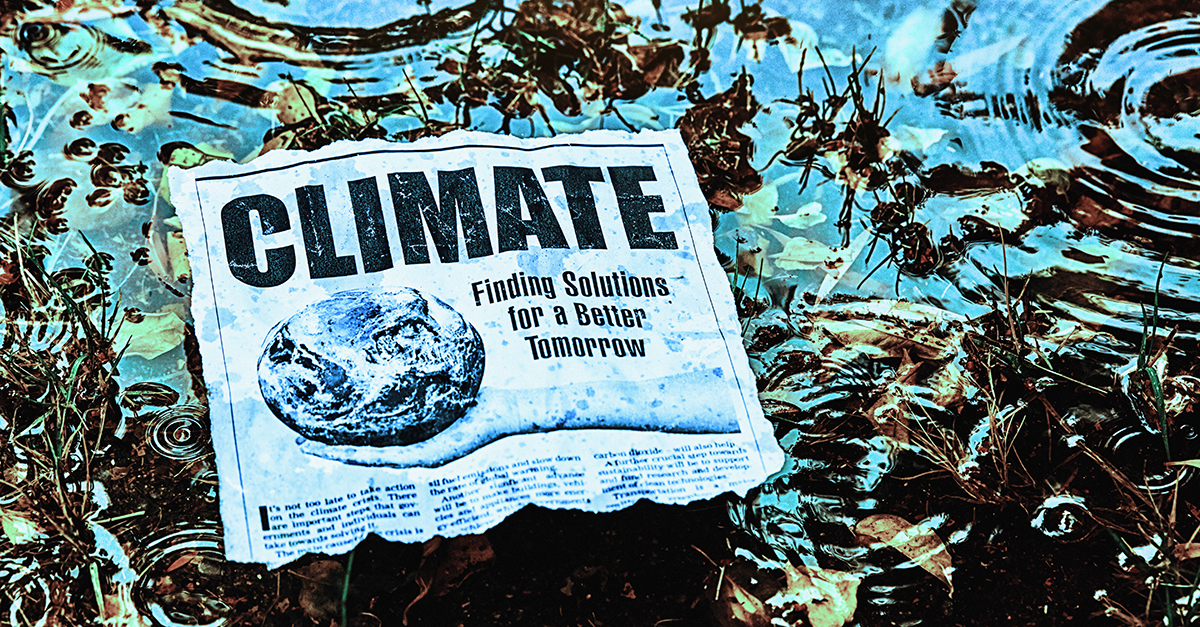Some of the largest U.S. states are introducing new laws to address climate change. These laws require major companies to report how their operations and suppliers impact the environment. One of the most significant laws is California’s SB 253, which mandates that companies not only disclose their environmental footprint but also include the emissions tied to their supply chains and vendors, including cleaning companies they contract.
New York, New Jersey, and Illinois are expected to adopt climate risk and emissions disclosure rules that follow the same framework as SB 253. That means cleaning vendors nationwide
will feel growing pressure to track and report environmental performance—regardless of whether their home state has passed legislation.
States call the shots
California, New York, New Jersey, and Illinois comprise over 30% of the U.S. economy. They are home to hundreds of the nation’s largest corporations and global brands. California alone has the world’s fifth-largest economy. New York serves as an international financial hub. Illinois leads in healthcare and manufacturing, and New Jersey is dense with logistics firms and corporate
headquarters. When these economic powerhouses act, they shape national business practices.
The impact is clear for cleaning companies—even if you do not directly operate in these states. Starting in 2026, SB 253 requires companies with more than US$1 billion in annual revenue to report emissions from their direct operations (Scope 1 and 2). By 2027, these companies must also disclose Scope 3 emissions generated by suppliers, vendors, and service providers.
Even if your cleaning business is not directly required to report, your clients will be, and they will increasingly expect you to support their compliance efforts. If you cannot provide the data
they need, they may turn to vendors who can.
Take steps to prepare
Your cleaning company can take three steps to prepare for climate risk legislation. First, begin tracking key sustainability data. Start with electricity consumption at your office or
warehouse, water use, waste volumes, vehicle fuel usage, and the cleaning products and equipment you purchase. These data points help your clients calculate their Scope 3 emissions and allow you to identify opportunities to improve efficiency and reduce costs.
Second, get involved with ISSA’s Sustainability Committee and use ISSA’s Sustainability Reporting Platform. The committee provides a forum to learn from your peers, stay updated on
policy changes, and help shape the industry’s response to sustainability challenges. The reporting platform makes it easier to collect and organize the data for which your clients are starting to ask, positioning you as a leader and reliable partner. Learn more at ISSA.com/ sustainability.
Third, recognize that this is not just about California. Because large companies operate across state lines, they prefer to apply consistent standards nationwide. That means even if your business is
in a state with no reporting law today, your clients may still ask for emissions data tomorrow.
By acting now, you avoid being caught off guard. You give your team time to learn what is required, test your systems, and build confidence in your data. Waiting until a client demands climate
information can leave you scrambling, resulting in a lost client.




